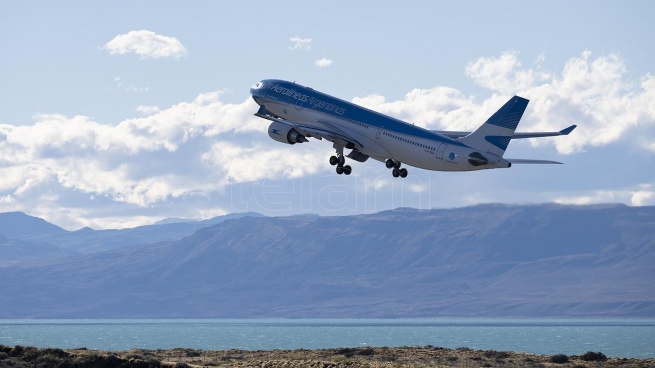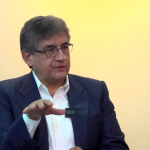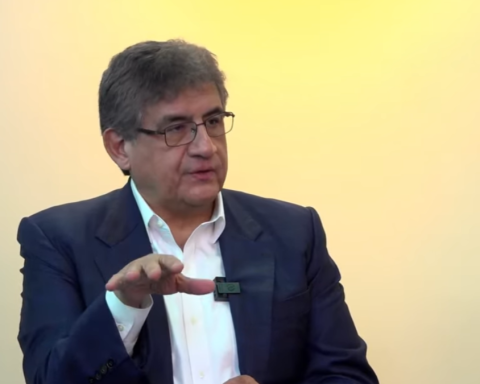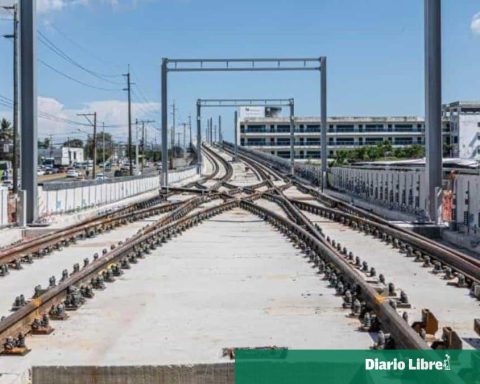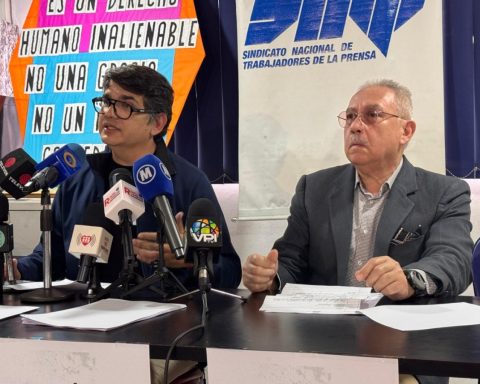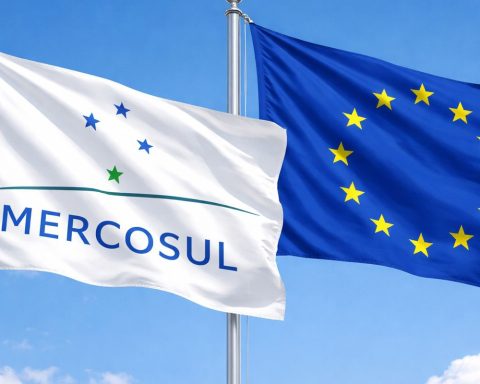The Secretary of Transportation, Diego Giuliano, pointed out this Monday that the commercial air system in Argentina transported “in the last 12 months, more than 28.5 million passengers”and stressed that Aerolineas Argentinas “is already transporting 91% of what it did before the pandemic.”
“In the last 12 months we have mobilized more than 28.5 million passengers in our air system and our flag carrier, on average, it is already transporting 91% of what it was transporting before the pandemic. That growth is strongly driven by the domestic sector, with a 97% recovery, with the international sector growing more slowly at 63% and the regional sector at 77%,” Giuliano said.
He did so when speaking this morning at the formal start ofl 18th forum of the Association of Latin American and Caribbean Airlines (ALTA), which is being developed in Buenos Aires.
“We are accompanying this growth in air traffic with infrastructure works at the Posadas, La Pampa, San Juan, Santa Fe, Mendoza, Jujuy, Ezeiza, Bariloche and Iguazú airports,” the official said.
He stressed that “in the remainder of the year, works are being carried out in fifteen air terminals, with nine new runways, ten taxiways, sixteen beacons to improve operations, and they are works that are not limited only to the city or the province of Buenos Airesbut they are totally federal”.
Finally, he stressed that “the policies apply to all airlines that operate in the country, the traditional ones and the so-called low cost ones, which have been growing in recent times, both in passengers transported, and in planes that incorporate their fleets.” He stressed that that growth occurred “to such an extent that in the last nine months they have achieved a growth of 167% compared to the same period last year.
The meeting is considered the most important forum for the commercial aviation industry in Latin America and the Caribbean, and has the participation of 500 executives discussing how to address today’s challenges and how to prepare for the future of air transport.
It began on Sunday with panels and contacts with the press by some of the participants, but it was formally inaugurated this morning with the Regional Annual Assembly.
Giuliano welcomed the holding of this Forum in Buenos Aireswhich he defined as “much more than a meeting, it is a place for dialogue, to discuss, give opinions and exchange, on one of the issues that has crossed all our activity, which is aerial activity in this historical time in the region and in the world, and advance in concrete actions to achieve a more economical, more efficient and more sustainable aviation”.
He pointed out that “The appearance of Covid-19 in the boreal winter of 2020marked a turning point that translated into a great impact on all means of transport, but above all on the airline industry, which later, added to the war in Europe that we are still suffering, meant an enormous challenge”.
In addition to Giuliano, the Minister of Tourism, Matías Lammens, also spoke at the opening, referring to the challenges facing the activity in Argentina, after having suffered the consequences of Covid-19.
“When we took office in 2019, we had the expectation for tourism in the country, but the arrival of the pandemic disrupted all the objectives. However, the State made the effort to support the sector’s salaries,” the minister remarked.
He highlighted the importance of the implementation of the program “PreViaje in the recovery of the tourism sector, which in its first edition had the participation of more than 6 million people and involved 35 companies, including the three airlines that operate our cabotage”.
He also stated that more than US$35 million have been invested, and stated that “for next year we plan to invest, with financing from the Inter-American Development Bank (IDB), US$33 million to continue strengthening the infrastructure of our destinations.”
The opening of the Assembly was in charge of the CEO of Avianca, Adrian Neuhauser, elected this Monday as the new president of the Executive Committee of ALTA, who referred to the recovery that Latin America is carrying out in the movement of passengers. Although he warned that “recovering 100% of the traffic we had in the pre-pandemic is not enough.”
“We need to keep growing. Today traveling is not a luxury, but something essential and we have to be prepared as an industry to meet this challenge,” Neuhauser argued.
He defined Latin America as “a poor region”, with “complex economic issues in the different countries, which imposes on us challenges that are not minor”, and He spoke out for advancing in the search for “zero carbon by 2050”for which he maintained that the region “needs to prepare properly to be able to produce sustainable fuel.”
